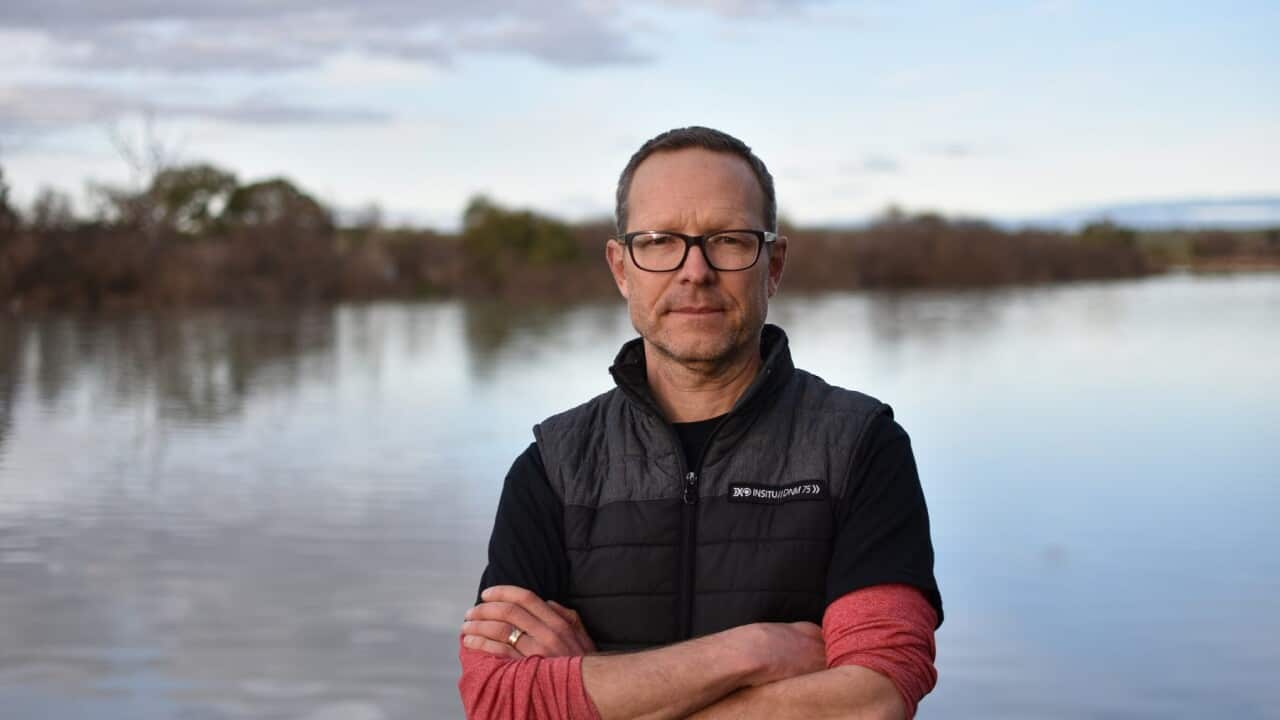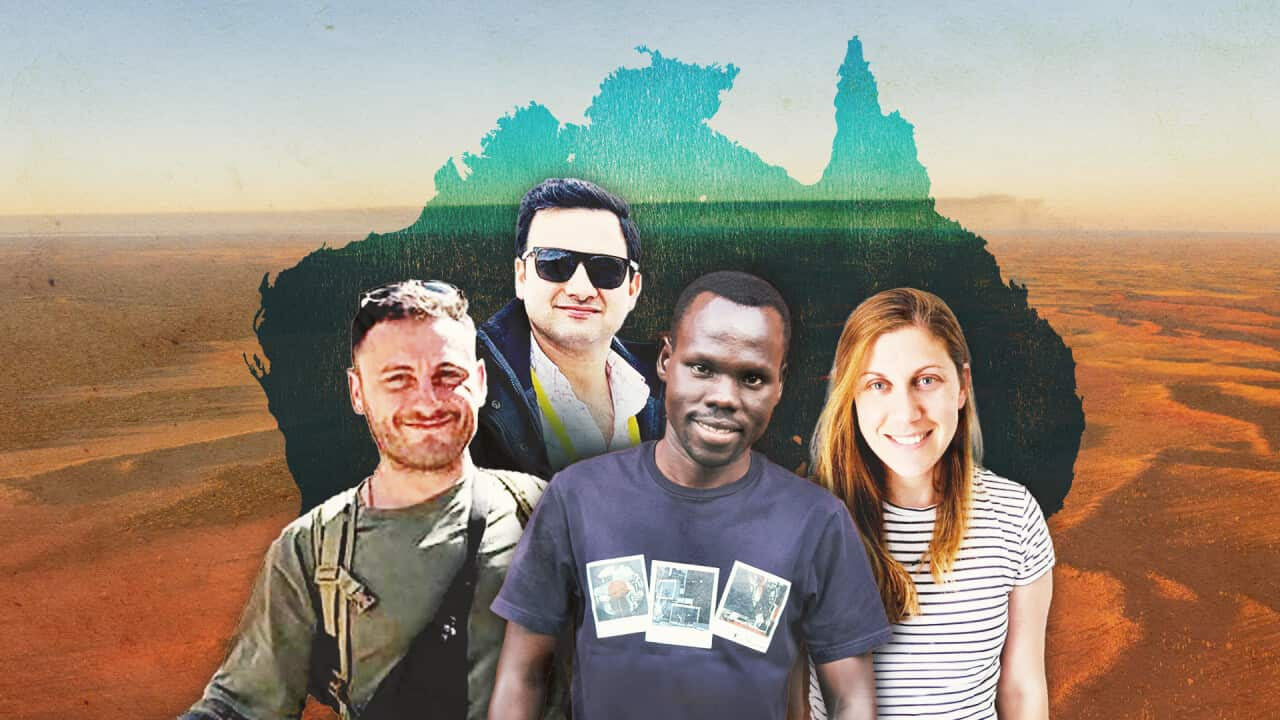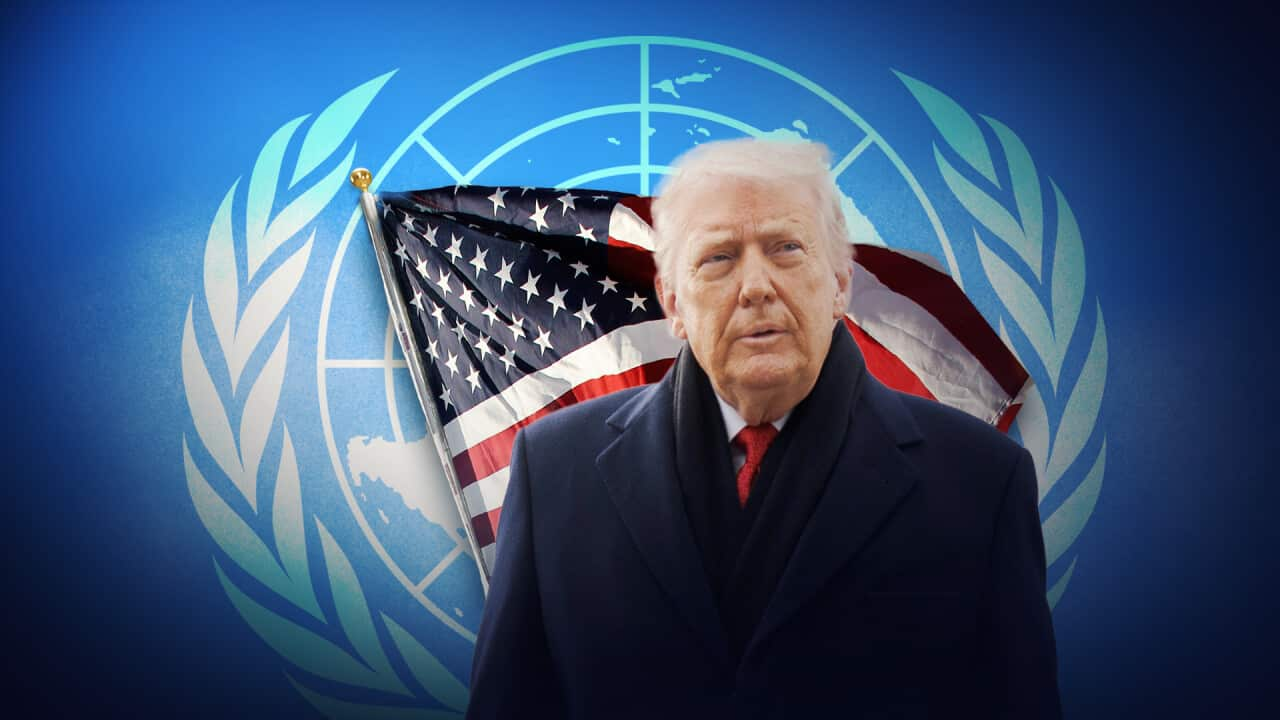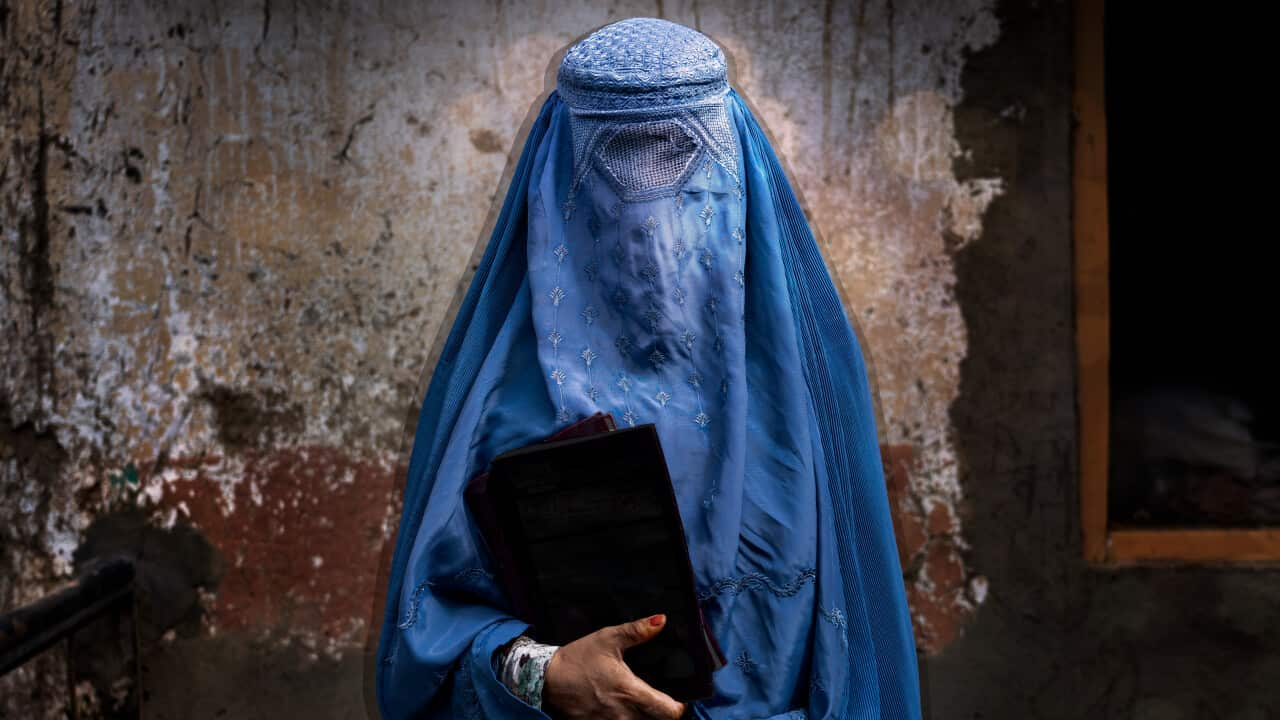Listen to Australian and world news and follow trending topics with SBS News Podcasts.
TRANSCRIPT
The Universal Declaration of Human Rights was adopted by countries in the UN General Assembly in 1948, following World War Two.
It had the goal of setting a "common standard of achievement for all peoples and all nations" under international law.
When it comes to how that is applied in individual countries, the Australian Human Rights Commission has developed this video explaining how to define human rights.
"They are the ground rules for how we should treat one another with dignity, respect, equality and fairness."
Unlike New Zealand and the UK, in Australia there's no national Human Rights Act.
Although there are implied rights protected by the Constitution; and there are federal anti-discrimination laws.
At a state and territory level, there are standalone human rights acts, for example in Victoria, the ACT and Queensland.
So why hasn't Australia had a standalone, comprehensive, federal-level human right act?
A new report by the Human Rights Law Centre and the Whitlam Institute has examined this question.
The report found that for the five past decades, there's been a growing public support for a federal Human Rights Act.
However, that has been countered by political opposition and misinformation.
Professor Azadeh Dastyari from Western Sydney University is a co-author of the report.
"There is a campaign to try to present the human rights act as this very radical, very dangerous, even evil act that is a threat to the democracy, when the truth is, that we are the only liberal democracy in the world that doesn't have an enshrined human rights protection in our constitution - or a national Human Rights Act."
Over the past five decades, two governments - both led by Labor - had made three failed attempts to establish the national human rights bill.
In 2008, the Rudd government launched the National Human Rights Consultation, where over 87 per cent of written submission said they supported an Australian Human Rights Act.
In 2024, the Parliamentary Joint Committee on Human Rights released a report on Australia's human rights framework, and its first recommendation was to establish a Human Rights Act.
Professor Dastyari says there is enormous support from the public for the idea.
"I think people are seeing what is happening around the world with the erosion of rights. And they are realising we need to put safeguard in place. Whilst something might still be working today, we want to ensure that they continue to work in the future, and that our rights are protected. At the moment, we are putting a lot of faith in the good will of politicians to protect our rights. But what if tomorrow we don't have that protection any more?"
After winning the last federal election in May 2025, the Albanese government said as part of its plan for the first 100 days in office, it was "carefully considering" adopting a Human Rights Act.
That has yet to eventuate.
The CEO of the Human Rights Law Centre, Caitlin Reiger, says there is an increasingly urgent need for a Human Rights Act.
"We have had so many royal commissions, even just in the last few years, from Robodebt to Disability Royal Commission to the Aged Care Royal Commission that shows our system is actually not working the way it should. We've got some important protections, but there's the gap between them. And for many people, they are falling through those gaps, and have absolutely nowhere to go. And so the point for a Human Rights Act is that it'll actually put the responsibility to government and to all public decision makers to think that impact on people, at the time they are making their decisions rather than having to deal with the fall out after the fact."
Ms Reiger says establishing a Human Rights Act is also about being better able to deal with issues that will arise now and in the future.
"Because that lays the groundwork for all the other discussions, whether it's about religious discrimination, racial discrimination, the right to health, access to proper housing, all of these things are covered under the umbrella of the Human Rights Act. So there's the perfect opportunity right now, but consultation has all been done, overwhelmingly there is public support for this, and it's really a no-brainer that this is just the next step."













